"Winning three quarters, but losing the whole game in the end!" Zhejiang Chouzhou team experienced a "upset" defeat when facing the second-to-last team in the league, Jiangsu team. It was thought that the first quarter established a 15-point lead, which was a crushing battle without suspense, but who could have expected that they would eventually be overturned by their opponents and suffer three consecutive defeats. The "high start and low finish" of Zhejiang Chouzhou this season seems to have sounded the alarm bell with this defeat.

Looking closely at the game, we can't help but find that Chouzhou's defeat is not simply because of the absence of the main players. Physical exhaustion, collapse of the inside line, thin rotation, young players unable to hold key positions... These problems are like icebergs hidden under water, finally surfaced in this game. And the head coach Wang Shilong, once known as the "tactical master" of the domestic coach, also fell into the waves of doubt after this defeat.
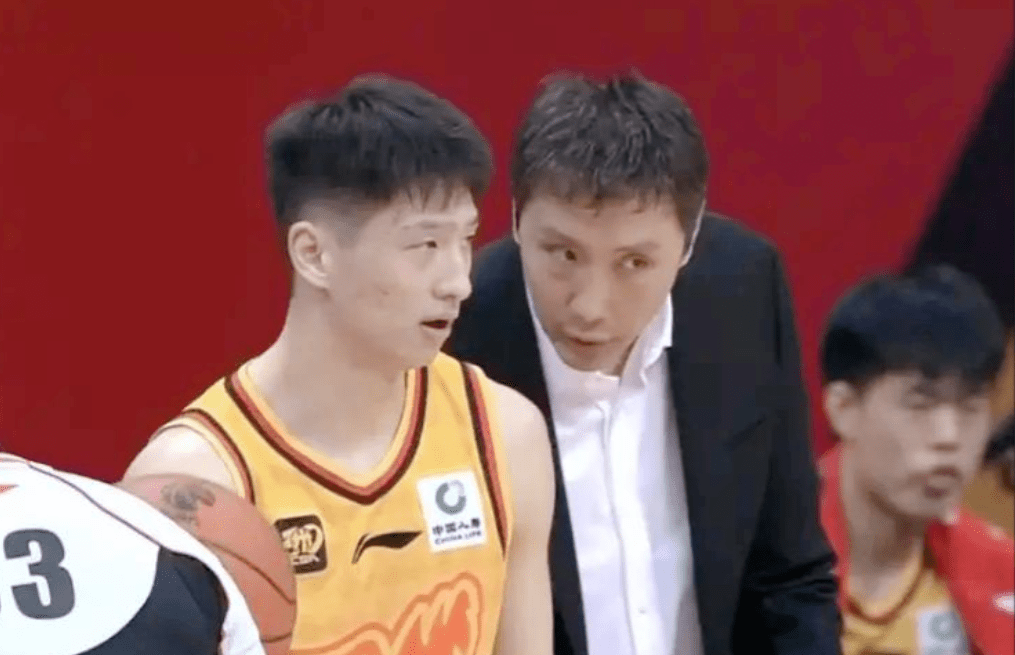
As the head coach of Zhejiang Chouzhou, Wang Shilong's coaching ability has always been considered one of the top levels in China. Tactical subtlety and stable on-site command are his labels. At the beginning of this season, when the three core players Wu Qian, Cheng Shaipeng, and Yu Jiaho were all on the field, Chouzhou once ranked second in the standings and was even regarded as a hot team challenging Guangsha and competing for the first place in the league. However, this three-game losing streak, especially the loss to Jiangsu team, has caused great doubts about his player selection strategy from the outside world.

Judging from the game data, Wang Shilong insisted on the "seven-man rotation" in this game, although he barely maintained the advantage in the first three quarters, but in the fourth quarter, the team's physical fitness did not keep up, especially the complete collapse of the inside defense, allowing Jiangsu team's offense to enter an uninhabited land.
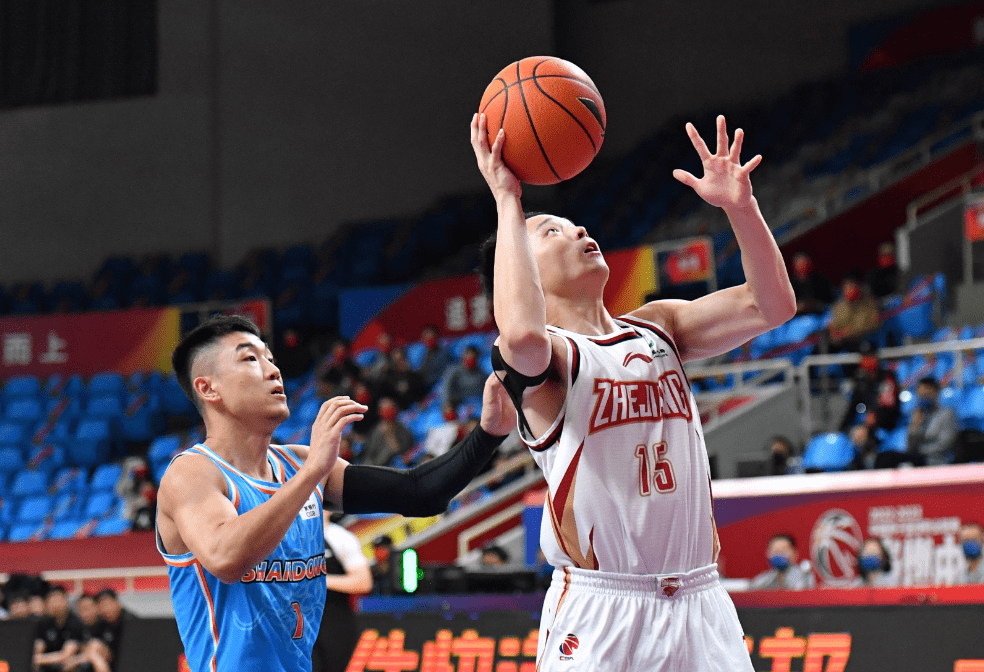
What is more criticized is that he did not boldly use the young players in the substitute lineup, but continued to bet on the main force. Such a choice is naturally for short-term stability, but it exposes hidden dangers in the long-term accumulation: when the main players are injured or in poor condition, the gap between substitute players is magnified, leading to the whole team falling into trouble.
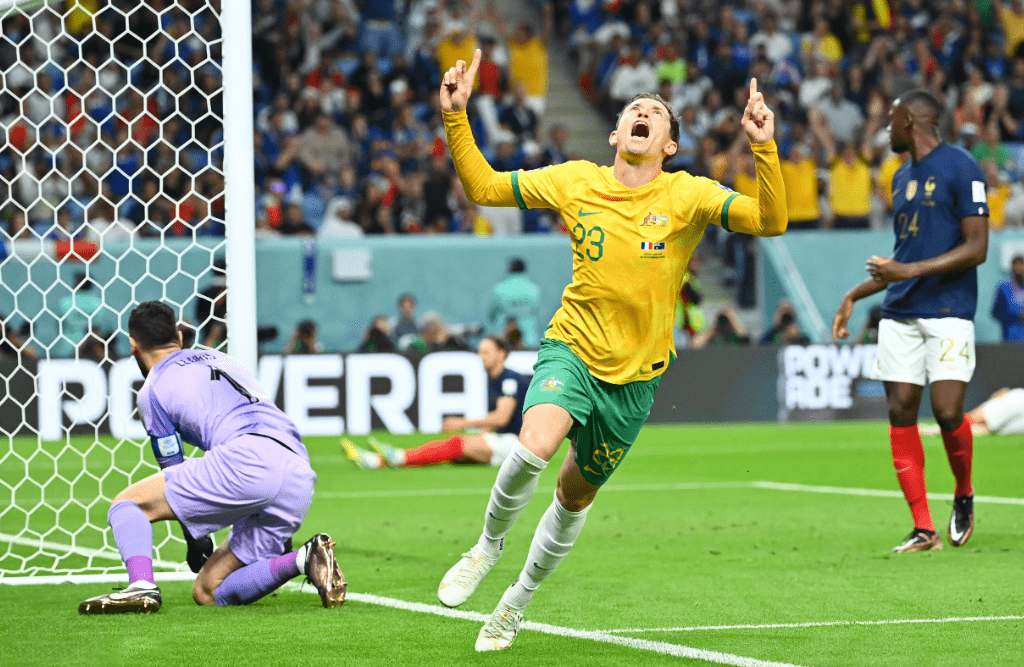
This defeat may be a "turning point" in Wang Shilong's coaching career. An upset loss may make the outside world re-examine his coaching ability, and even become an important watershed in evaluating his career.

Jiangsu team can achieve this reversal, relying not only on luck, but also on a tactical idea specially designed for weak teams: wheel warfare. This tactic emphasizes large-scale rotation, using multiple players to continuously attack the opponent's defense and consume the opponent's physical strength. This season, Jiangsu team has relied on this tactic to achieve good results in several tough battles, such as the previous narrow victory over Sichuan team, which is also a similar operation.

The data shows that in this game, Jiangsu team's rotation reached 11 people, while Chouzhou was only 7 people. Jiangsu team's head coach obviously knows the current situation of Chouzhou's main players' injuries and tight lineup, so through high-intensity defense and quick transition offense, he gradually dragged down Chouzhou's physical fitness. By the fourth quarter, Chouzhou players were obviously physically exhausted and made more mistakes, giving Jiangsu team the opportunity to overtake the score.
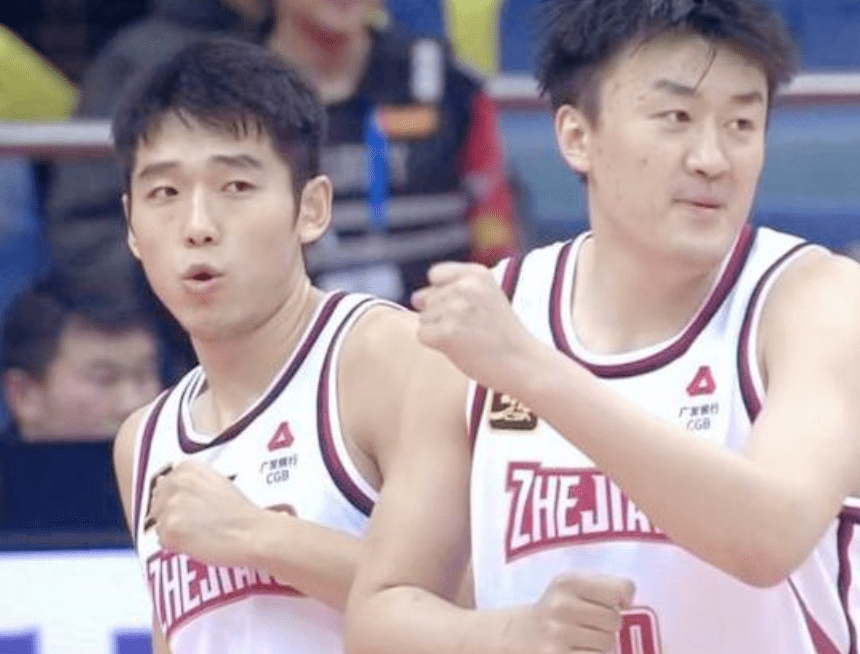
Especially Jiangsu team's small foreign aid Goodwin's continuous breakthrough scoring in the last quarter made Chouzhou completely unable to cope. He proved with practical actions that, facing a strong team like Chouzhou, the "sea of people tactics" of the weak team can play the effect of four or two strokes.
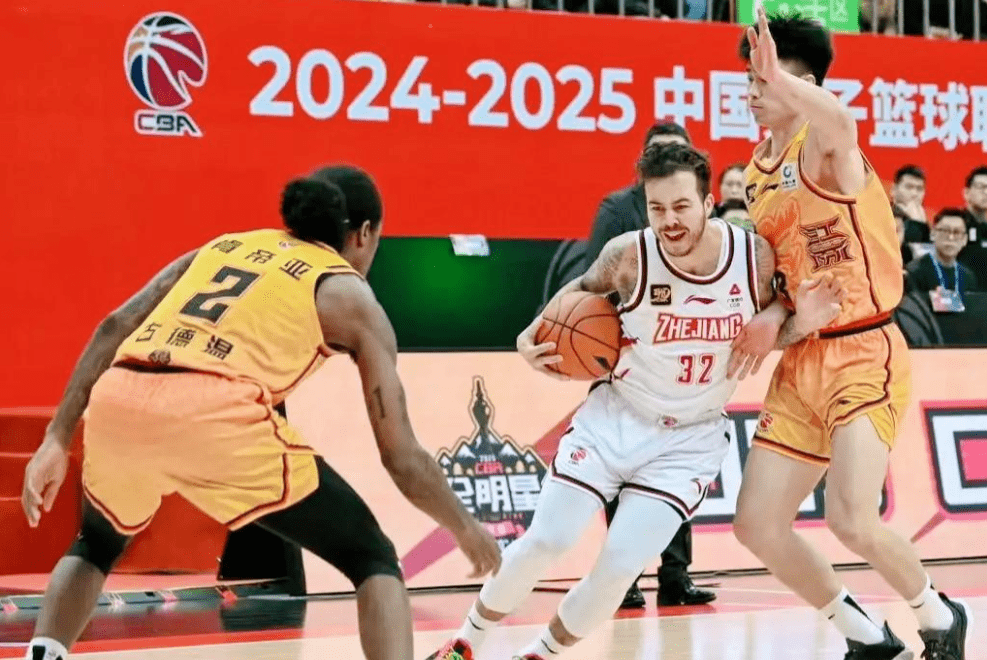
Another key problem of Zhejiang Chouzhou is the shortcoming of introduction. At the beginning of the season, Chouzhou team was too conservative in choosing foreign aid, and finally only signed a mediocre foreign aid named Simmons. In contrast, Jiangsu team's double foreign aid configuration completely suppressed Chouzhou in this game.
The data shows that Jiangsu team's big foreign aid Thompson and small foreign aid Goodwin performed brilliantly at the critical moment of the game, especially Goodwin, who contributed nearly half of the team's points in the fourth quarter, becoming the key figure of Jiangsu's reversal. On the Chouzhou side, although Simmons tried his best, he couldn't support himself. After all, the strength of a foreign aid is limited, especially in the absence of the main force, Chouzhou obviously lacks a second core to share the pressure.
It can be said that in this game, Chouzhou's choice of introduction this season has been thoroughly exposed: excessive dependence on single foreign aid, and it is difficult to shake the opponent's double foreign aid system at the critical moment. This configuration is not competitive enough in the league, and if it is not improved in the future season, it may continue to suffer losses.
Chouzhou also has a problem, that is, the training of young players. Substitute players such as Liu Shuangyu, Jing Tianyu, and Zhou Yishan have certain potential, but in the past season, they had few opportunities to play, resulting in them being pushed to the main stage when the main players were injured, but they could not bear the heavy responsibility.
Take Liu Shuangyu as an example, he played 27 minutes in this game, but failed to effectively limit Jiangsu team's breakthrough, and his defensive efficiency was low. Other young players also rarely perform well. Chouzhou's head coach has long adhered to the strategy of "main force fighting the world", which is undoubtedly effective in strong dialogue, but once encountering an injury wave or physical crisis, the lack of substitute players will become a fatal weakness.
Compared with other strong teams, such as Guangsha and Liaoning team, they have gradually increased the training of young players in recent years, accumulating experience for substitute players through more rotation. This approach not only enhances the overall depth of the team, but also lays a foundation for the future. If Chouzhou wants to return to the ranks of strong teams, it may need to make new plans in this regard.
This defeat not only affected Zhejiang Chouzhou's ranking, but also had an impact on the competitive pattern of the entire CBA league. At present, Chouzhou has fallen from second to fourth in the standings, while competitors such as Liaoning team and Qingdao team are catching up. The gap between the top four teams is narrowing, making the league more sticky.
In the past few seasons, Zhejiang Chouzhou has been regarded as a stable member of the top four, but now, their advantages are gradually being consumed. Once they cannot adjust their state in time, they are likely to be overtaken by other teams, or even fall out of the top eight.
The defeat of Zhejiang Chouzhou seems accidental, but in fact, it exposes many problems of the team. From the head coach's conservative use of people, to the shortcomings of the introduction strategy, to the insufficient training of young players, the team needs to make changes at many levels.
Winning and losing games is normal, but drawing lessons from "upsets" is the key for the team to continue moving forward in the future. This defeat is not the end, but the beginning.